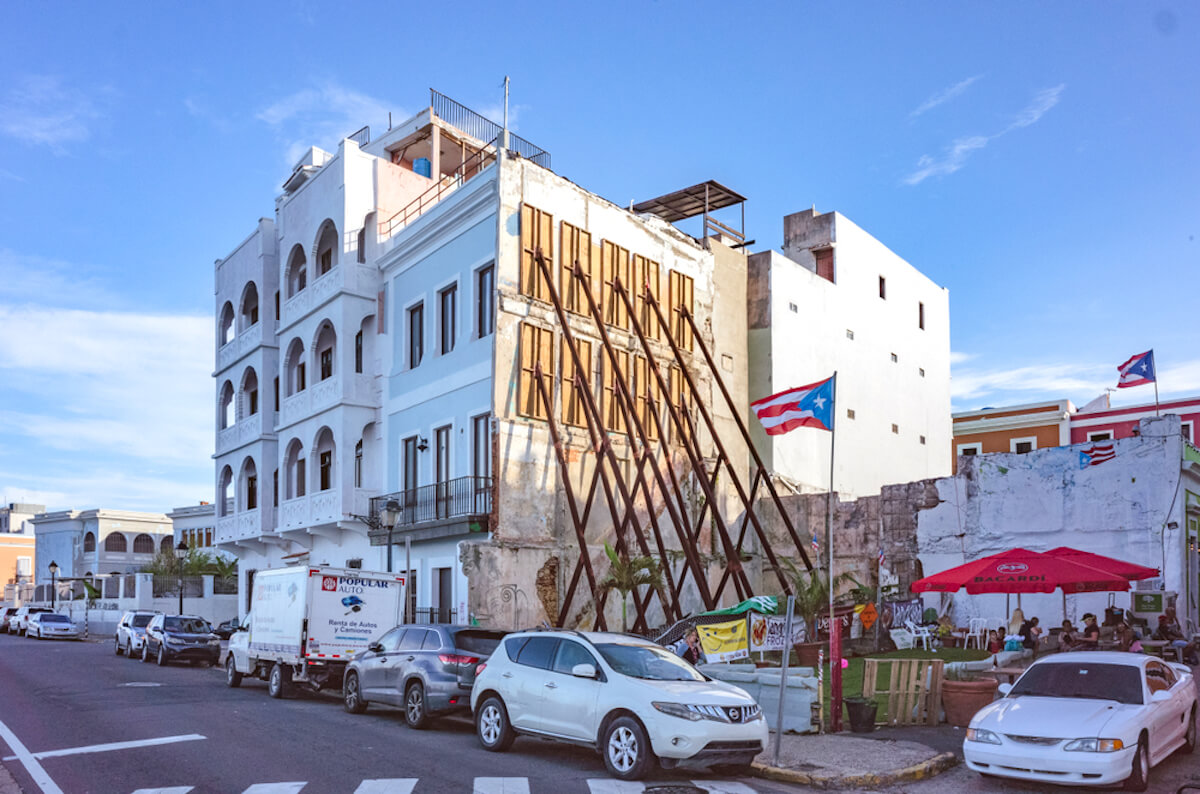ImpactAlpha, May 13 – There’s little argument about the positive impact of making affordable loans to small- and medium-size enterprises in countries like Indonesia, Egypt, Mexico and Kenya.
But…the risk.
Lendable, with offices in London, Nairobi and Singapore, has developed an innovative financial vehicle that mitigates those risks for investors that want to avoid them, while compensating other investors that actively seek them.
Lendable provides debt capital to technology-enabled financial services providers – aka fintechs – that help mostly low-income and largely women borrowers increase their incomes or reduce their costs. The company disbursed about $40 million in the first quarter of this year and reports strong demand from fintechs in Africa and Asia as local economies pick up.
The company’s “inclusive fintech” borrowers include Amartha, which supports unbanked women micro-entrepreneurs in rural Indonesia, and Trella, which provides working capital to independent truckers in Egypt. Lendable was an early backer of lenders who are helping Africa’s motorcycle taxi drivers buy their own bikes, like Tugende in Uganda and Watu in Kenya.
Fintech has attracted emerging markets’ largest share of venture capital in recent years. But while equity capital has been plentiful, the lower-cost debt capital that inclusive fintechs need to grow has been scarce. Founded in 2015, Lendable is filling a gap long bridged mostly by government-backed development finance institutions that can be stodgy and slow and are often reluctant to underwrite smaller deals. Lendable’s average deal size is $7 million.
“Fintechs will pay more for faster capital,” says Lendable’s Daniel Goldfarb. “Lendable lowers the execution risk for the fintechs.”
Commercial catalyst
Lendable has raised about $100 million for the vehicle, known formally as Segregated Investment Vehicle 1, which flips on its head the typical blended-capital structure for emerging-markets impact investments. The catalytic, first-loss capital is provided by Portland, Ore.-based Variant Investments and other commercial investors.
High-net-worth families and other investors have effectively been catalyzed with a fixed, 6% return on a product with 50% subordination, meaning their capital is protected unless more than half of the vehicle’s principal is lost. Clients of Boise-based Caprock Group have committed $16 million to the fund, of which $10 million has been disbursed.
“We love this structure,” Caprock’s Mark Berryman told ImpactAlpha. “There’s somebody in Kenya or Indonesia, a motorcycle driver, or a truck driver in Egypt, that gets the capital that lets them grow their business. For a Caprock client, they can take money that may have been in an index fund or a bond fund and get it into the hands of someone generating wealth.”
By moving such capital to where it is badly needed, Berryman says, Lendable “solves for an incredibly complex chain of events at the kind scale at which that has to happen.”
For Variant, taking on such risks means the firm can command higher returns for investors looking for strong cash flows in a zero-interest world, as well as low correlation with public equities and bond markets. Variant manages $875 million in assets for investors interested in its tagline: “Income done differently.”
Variant does not have an explicit ‘impact’ mandate. Rather, it looks for opportunities in niches that can’t or don’t yet qualify for bank financing.
“It’s really that bottom-up approach and finding vehicles that solve for the problem” of generating higher yields without engaging predatory or extractive practices, says Variant’s Ryan Warren. Lendable represents the second-biggest position in the Variant Alternative Income Fund, the closed-end interval fund that is the firm’s primary vehicle.
Lendable emerged from the COVID crisis with no impairments or writeoffs in its portfolio, Goldfarb said. The key to its underwriting is technology that integrates with borrowers’ payment gateways and lets Lendable model loss rates and benchmark against the competition and gives it anonymized data on 17 million unique loans.
The company’s first-quarter impact report says Lendable has indirectly financed nearly 106,000 solar home systems and more than 24,000 small- and medium-sized enterprises. More than 383,000 borrowers have been women. Prioritizing entities that primarily serve women helped Lendable qualify for funding under the 2X Challenge among global development finance institutions (see, “With billions as bait, development financiers seek to hook private investors on gender-lens investing”).











